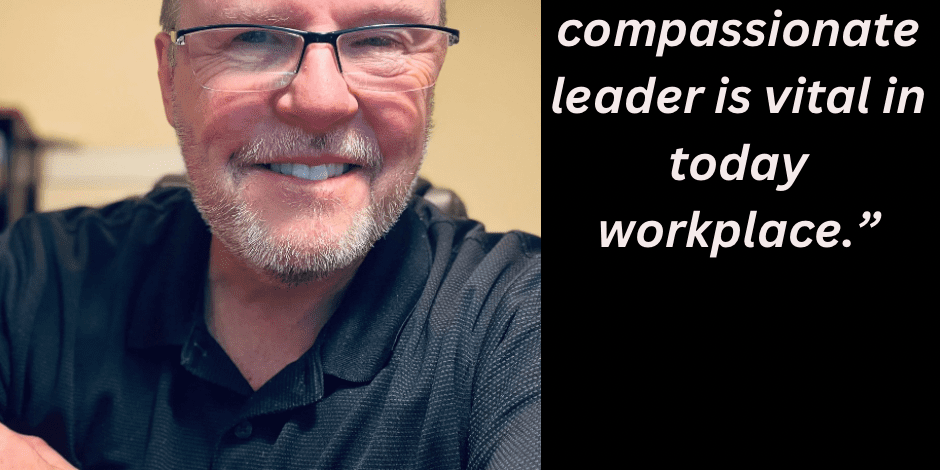Search Posts
Recent Posts
- The Incredible Rise of Influential Women Leaders and Authors September 12, 2024
- Unspoken Ghostwriter Roles Impacting Leadership Book Narratives. September 11, 2024
- How to Write an Empowering and Inspirational Business Memoir August 16, 2024
- Leadership Lessons from My Role as a Ghostwriter August 9, 2024
- Unlocking Your Business Book Success: The Personal Benefits of Hiring a Ghostwriter for Business Leaders July 29, 2024
Categories
Subscribe!
Thanks for subscribing! Please check your email for further instructions.

Be A Humanistic Leader and Beyond
By Jeffrey A. Mangus
“The challenge of leadership is to be strong, but not rude; be kind, but not weak; be bold, but not bully; be thoughtful, but not lazy; be humble, but not timid; be proud, but not arrogant; have humor, but without folly.” ― Jim Rohn
“I’ve got a huge problem. Can you help?”
One morning, one of my team members faced a major dilemma with another staff member. If left unchecked, it could have caused a major ripple in the company. As a leader, I knew I had to defuse the situation and ensure they were heard, so I worked hard towards reaching an amicable solution.
How did I do that? I sat and listened.
Yes, I listened to each person with an open mind, showing compassion and empathy. I gathered both perspectives to make a good decision and solve the issue. I showed my team that I was human, cared for, and sympathized with their views, which nearly diffused the situation. It came down to both team members wanting to be heard. I have been using this method for many years.
Sadly, many leaders worldwide choose to disengage. The first step for any leader is to engage, be present, and be approachable. When teams believe you have their backs and are there to help them, it sends a shockwave of team respect and morale through your company.
Along with respect, visibility, and value, teams seek leaders who display human qualities. Teams want leaders who listen, share their own vulnerabilities, and create a safe and inclusive environment where they can thrive. When leaders focus on their teams’ well-being and personal growth, they create a motivated workforce, higher productivity, improved collaboration, and enhanced innovation.
As technology and automation transform the workplace, you, as a leader, must connect with your teams on a deeper human level. Positiveness benefits everyone in the workplace by creating a culture of empathy and understanding.
There is power in human connection in leadership. That power is empathy, compassion, and understanding. Your role in displaying compassion and empathy is crucial in inspiring, influencing, and supporting your teams. By being personal and approachable, you become relatable, which is beneficial for both you and your team.
Unfortunately, one common trait among leaders is being sidetracked and neglecting to recognize those around them. Recognizing your team’s emotional atmosphere and being in tune with your surroundings promotes a thriving company and organization.
Human leaders must understand that teams have lives outside of work that can be messy and challenging. Being open to these situations within your team is a necessary step towards gaining respect as a leader.
We all know that humans make mistakes, and no matter how hard we try, we will fail. When leaders are relatable, they understand that mistakes happen and give their teams a break. To clarify, don’t be confused. I’m talking about failure when a team works hard and tries to do something but doesn’t hit the goal. However, we can learn and grow from these failures, and a compassionate leader recognizes failures as bumps in the road and sees them as opportunities to improve.
Jim Rohn, an author and motivational speaker, emphasized the significance of failure. According to him, not learning from feedback is a big hurdle, and feedback is crucial for finding areas to improve, fixing errors, and making progress towards goals. If you don’t get feedback, you’ll keep making the same mistakes and end up going nowhere. As a leader, encourage your team to seek feedback and be open to constructive criticism as a chance to learn and grow.
As your leadership becomes more relatable, do your best to create an environment encouraging team members to learn from each other, even when mistakes and failures happen.
Ultimately, today’s workforce needs empathetic, self-aware, and mindful leaders. Teams are looking for a leader with these qualities and the determination to continue to improve them. Being a human leader means knowing how your actions and attitude affect your team and yourself. These social skills let you level up your leadership game and satisfy your team.
***
If you are a leader and have a book idea you would like to discuss, please get in touch and get on my schedule.
About Me
“My name is Jeffrey A. Mangus. I work with powerful executives, leaders, entrepreneurs, and new authors who have incredible, life-changing stories and want to put it all into writing their business books or memoirs. Authors I work with have beaten adversity down, survived gut-wrenching challenges, and overcome them to reach the top. I love rags-to-riches stories that show tenacity, grit, and determination. I partner with individuals committed to motivating others, going the extra mile, thinking innovatively, and leaving a lasting impression.
Jeffrey A. Mangus is a 5x #1 Amazon bestselling ghostwriter and author with thirty-five (35) award-winning and bestselling books to his credit. Jeffrey has written for several major publishers, including: Harper Collins Leadership, Harper Collins Focus, Rowman & Littlefield, Tantor, Blackstone, Highbridge Audio, and Audible.